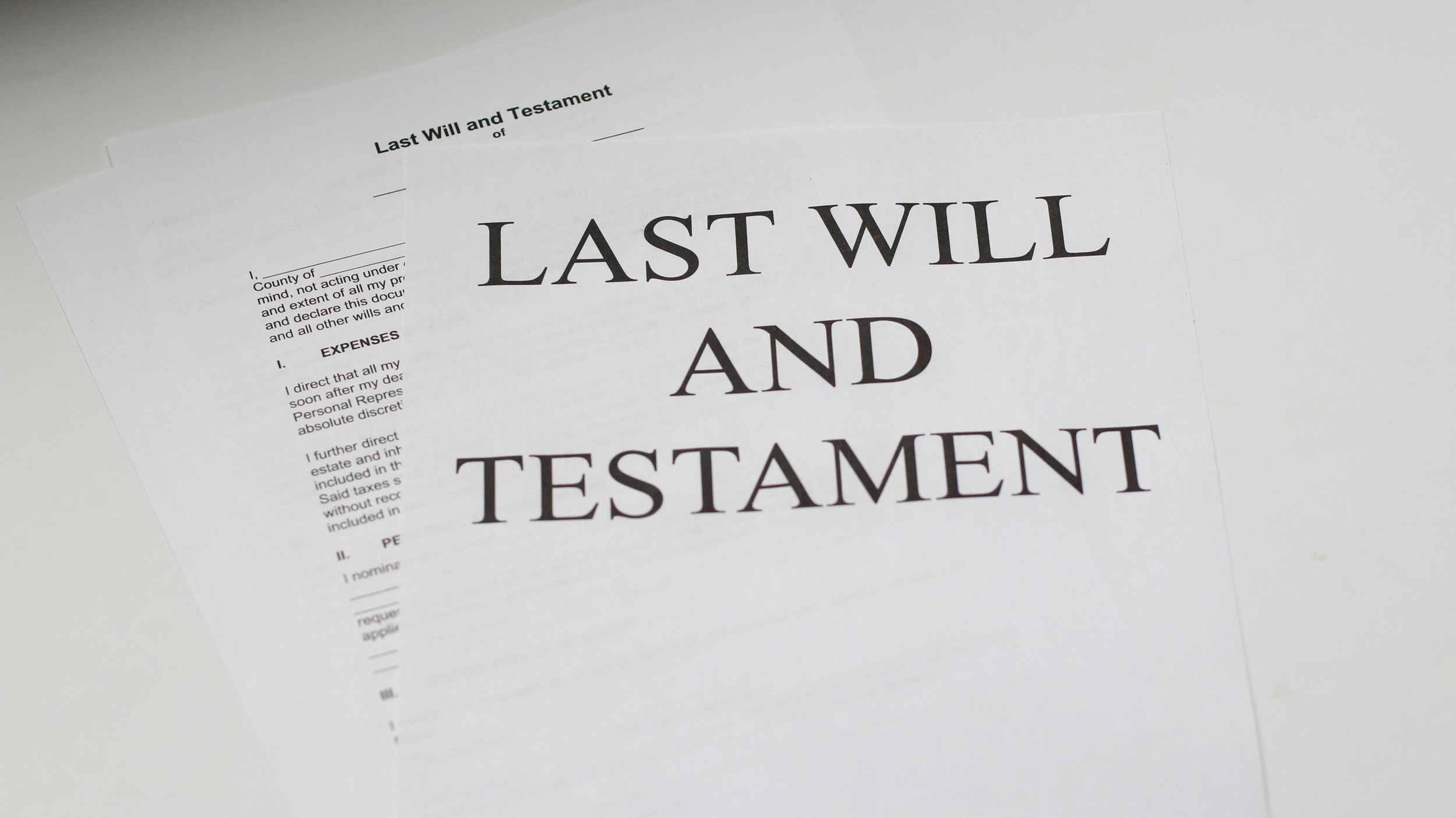Estate planning isn’t just for the ultra-wealthy. It’s something every adult should take seriously. Whether you own a modest home or a multimillion-dollar estate, a poorly planned will or lack of legal documents can throw your family into emotional and financial chaos.
Unfortunately, many people assume that drafting a will is enough, or they delay the process altogether. But estate planning isn’t just about paperwork. It’s about protecting your loved ones from confusion, stress, and costly court battles down the line. Let’s look at the seven most common estate planning mistakes that often lead to family feuds and how to avoid them.
1. Not Having an Estate Plan at All
The most devastating mistake? Doing nothing. If you die without a will or trust, the state steps in to distribute your assets according to default laws, not your wishes. This can lead to serious disputes, especially in blended families or situations where an inheritance was expected but never legally documented.
When there’s no roadmap, grieving family members may make assumptions, misinterpret intentions, or simply disagree, causing resentment that can last a lifetime.
The Fix: Create an estate plan, even if it’s simple. A basic will, power of attorney, and healthcare directive can go a long way in ensuring your intentions are clear.
2. Naming the Wrong Executor or Trustee
Choosing who will manage your estate is one of the most important decisions you’ll make, but many people name someone out of obligation rather than qualification. An unprepared or biased executor can spark conflict, delay the process, or make emotionally charged decisions that hurt family dynamics.
The Fix: Pick someone who is organized, trustworthy, and impartial. If needed, consider naming a third-party professional to prevent any perception of favoritism.
3. Failing to Update Documents After Major Life Events
Life changes—divorce, marriage, births, deaths, or significant financial shifts—all require updates to your estate plan. However, many people forget to revise their documents, leading to outdated instructions, incorrect beneficiaries, or unintentional disinheritance. For example, if you remarry but never update your will, your new spouse may end up in a legal battle with your children from a previous marriage.
The Fix: Review your estate plan every few years or immediately after major life changes. Keeping things current is key to preventing courtroom drama.
4. Leaving Unequal Gifts Without Explanation
Unequal inheritance isn’t always the issue. It’s the lack of communication around it. When one child receives more than another with no context, resentment often follows. Without an explanation, the slighted party may assume favoritism or foul play. This is especially common in blended families or when one child receives significant financial support while the parent is still alive.
The Fix: If you’re distributing assets unevenly, explain your reasoning either in your will or in a personal letter. Even a brief note can help soften misunderstandings and prevent disputes.
5. Not Planning for Incapacity
Estate planning isn’t just about what happens after you die. It’s also about what happens if you can no longer make decisions for yourself. If you become incapacitated without legal documents in place, your family may have to go through court to make healthcare or financial decisions on your behalf. This can lead to disagreements over who should be in charge or what care you should receive.
The Fix: Establish a durable power of attorney and an advance healthcare directive so your wishes are respected if you can’t speak for yourself.

6. Overlooking Digital Assets and Online Accounts
In today’s digital world, our lives don’t end with physical belongings. Think about your online bank accounts, email, social media, crypto wallets, and digital photo libraries. If you don’t leave behind instructions or access information, these assets could be lost or become points of contention.
The Fix: Include a digital asset plan with logins, passwords, and specific instructions in your estate documents. Use a password manager or assign a digital executor if necessary.
7. Keeping Your Plans a Secret
Even the best estate plan can cause conflict if your loved ones are blindsided by it. Secrets, surprises, and assumptions often turn into accusations and arguments once a will is read. This is especially true when expectations don’t match reality.
The Fix: Have a conversation with your family while you’re alive and well. You don’t need to go into every detail, but being clear about your intentions can eliminate confusion and head off future legal battles.
Being Prepared Makes a Big Difference
Estate planning isn’t about how much money you have—it’s about protecting the people you care about from pain, confusion, and conflict. Avoiding these seven mistakes can mean the difference between a peaceful transition and years of courtroom drama. The time to act is now because once you’re gone, it’s too late to clarify anything.
Have you talked to your family about your estate plan? What’s holding you back from starting the process?
Read More
Why Some Seniors Are Better Off Not Having a Will – The Shocking Case for Simplicity
Your Will Should Always Include These 10 Things (And Be Very Specific)
Riley is an Arizona native with over nine years of writing experience. From personal finance to travel to digital marketing to pop culture, she’s written about everything under the sun. When she’s not writing, she’s spending her time outside, reading, or cuddling with her two corgis.
Read the full article here
















